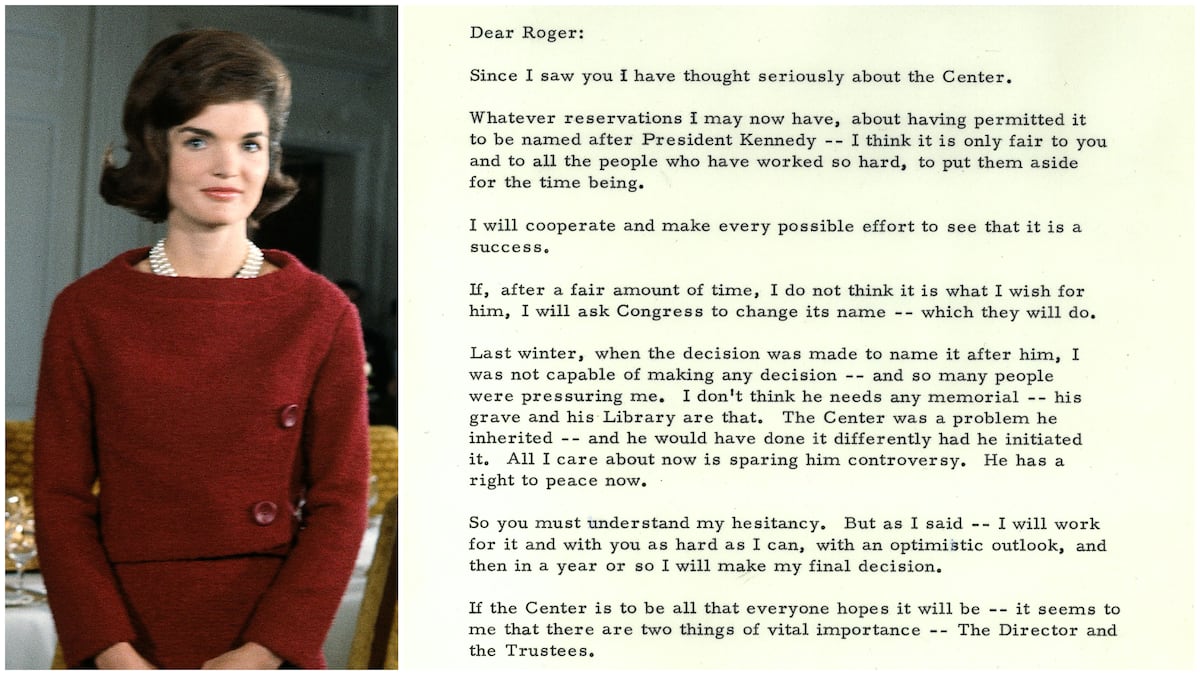In the first few days after Boko Haram’s recent attack in the remote village of Baga, most of the news coverage I saw about it concerned the lack of news. Why, the media wondered, was the media not more interested? As many as 2,000 people had been slaughtered, a figure that, if true, would dwarf the number killed in Paris around the same time.
A big reason the Boko Haram killings haven’t gotten much press is that there isn’t much press there. Baga is extremely remote, with little or no cell service, and it is, by all accounts, a war zone. Nor is the Nigerian government cooperative, or forthcoming, about what’s going on: The military claims no more than 150 people were killed, including militants. President Goodluck Jonathan, who is in the midst of a reelection campaign, hasn’t even publicly commented on the attack.
But even if the western media had been more present, I’m not convinced the western audience would have been more interested. Because, at bottom, there’s a pervading sense here that what happened in Paris was decidedly not normal, while what happened in Nigeria decidedly was.
And normal, unfortunately, doesn’t make the news.
The average western consumer is operating with a broad set of assumptions that form the backdrop for their worldview. This backdrop, which is supposed to remain fixed, unchanged, includes beautiful images of a sophisticated, peaceful Paris, right alongside ugly images of a chaotic Nigeria. When it is disturbed, however—when what is normal is disrupted, especially violently—well, then, we have news.
It is not considered normal for a bunch of French cartoonists to be shot up in their own offices. Millions of us can relate much more easily to this sort of horror than yet another attack on yet another village in yet another African country. We can imagine it. We can fear it. We call these recognizable kinds of tragedy unthinkable, while what happened in Nigeria is not even worth thinking about.
But surely this is abnormal, even by Boko Haram standards: perhaps thousands dead, villages burned to the ground, little girls used as suicide bombers? The insidious thing about normal, though, is that it makes room for the abnormal. School shootings were once abnormal in the U.S. Now they’re almost banal. The same goes for atrocities of ever-escalating brazenness and horror in Islamic lands. The fact that it defies our comprehension is, simply, normal.
The result of this kind of thinking is something worse than apathy; it’s acceptance. Normal allowed us to accept slavery, homophobia, misogyny, racism in all its forms, illegal foreign invasions, unfettered corporate greed, environmental destruction. Normal is not equal and it is not fair. Normal is deadly.
This is why terrorism is so effective. It shatters our sense of normalcy in a very dramatic way, makes us recoil at the very idea of ever having to give it up—even if holding onto it comes at a terrible cost to others. What is happening in Nigeria, though, does not seem to be about making a political statement. Like ISIS, Boko Haram’s apparent goal is to establish a caliphate, and the murders and razing of towns are not just to designed to terrorize, but to seize territory for their own brutal sovereignty—territory that is spilling over into neighboring Chad.
But none of us, from the casual news observer to the president of the United States, seems willing to allow the reality of what Boko Haram is doing to disrupt our daily lives. If enough of us decided, however, that we’d rather live in a just world than a normal one, acceptance would turn to outrage, and the west would start putting pressure on the Nigerian government to do more.
And by the way, those 219 kidnapped Nigerian girls have still not been located. In fact, Boko Haram has abducted hundreds more children since the hashtag #BringBackOurGirls overtook social media last spring. But I suppose that’s normal now, too.





